

导航


Many citizen
science projects use apps to help gather data from citizens in real-time. Our
first HIWeather Citizen Science Demonstration feature story on WeatheX in Australia
showed a creative and user-friendly app for the public to upload real-time weather
reports to contribute to the weather forecast verification. In this feature
story, we will get to know a resourceful citizen science project carried out in
Ghana with a similar purpose but within a different context.
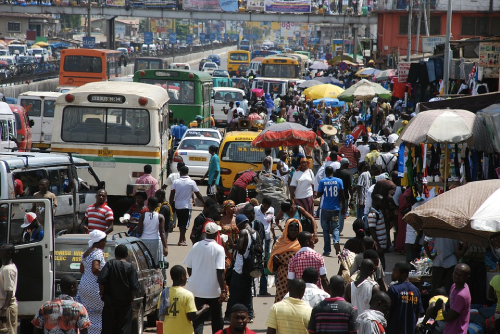
The impacts of severe weather affect all areas in the world. People would benefit from more accurate weather forecasts in many ways. However, for developing countries in Africa, meteorological agencies can encounter more challenges in weather forecasting and verification due to limited resources. Also, people living there need better weather forecasts for events like heavy rains due to heavy dependence on sectors like agriculture, water, tourism, public health and emergency response for national economies and personal livelihoods.
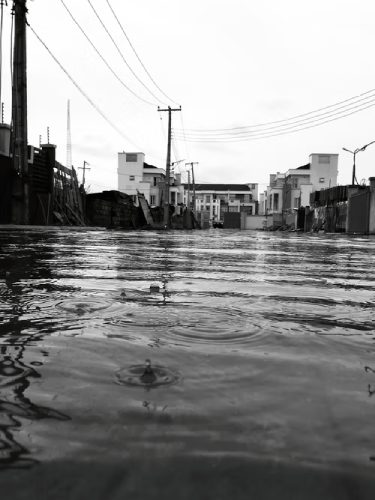
In Ghana, the
limited number of weather stations means less observed data is available to accurate
weather forecasts and verification. People’s lives can be severely affected due
to shortcomings in warnings for disastrous weather. Timeliness of official media
reports can also be an issue, with people sometimes receiving warnings reports during
or after the weather events have already happened, reducing trust in the
government or official organizations. For a long time, a huge gap existed in communicating
weather information to the Ghanaian public.
However, with the
disastrous “fire and flood” event in 2015, Ghanaians have become more conscious
of severe weather. The people want to
know about the coming weather. Will there be a storm, a flood, lightening or drought,
etc.? Meteorologists in Ghana Meteorological Agency (GMet) started to use
existing communication tools that were familiar to people to communicate! They
saw the opportunity to use the popular WhatsApp as a platform to communicate
and receive public feedback about severe weather events.
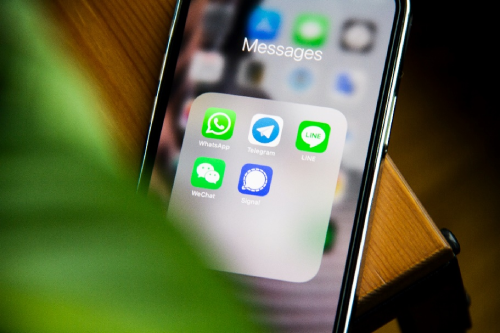
Ms. Maureen A. Ahiataku,
a Senior Meteorologist in Ghana, leads a citizen science initiative under the
broader Global Challenge and Research Fund African Science for Weather Information
and Forecasting Technique (GCRF African-SWIFT) project, exploring the “Impact
of Users' Feedback on Weather Forecast Evaluation in Ghana”. The citizen science
project started in 2020 and uses online platforms like WhatsApp to gather
weather observations and feedback from the public. The project is carried out through
the GMet and has been supported by ‘GCRF African-SWIFT’ – an international collaboration of partners from universities and
national meteorological services in Ghana, Kenya, Nigeria, Senegal and the UK
with the aim to improve African weather forecasting capability and
communication to protect the lives and livelihoods while improving the
economies in those countries. As part of this international collaboration, Dr
Andrea Taylor (SWIFT co-lead on user-engagement) from the University of Leeds provided
strong support to Maureen’s citizen science initiative in Ghana.

GMet’s WhatsApp
platforms are called “Let’s Talk Weather” (LTW) and are open to all people who are
interested to receive as well as give feedback on weather forecasts and events in
Ghana. GMet engages citizens to share
their feedback. This feedback has been very helpful and has aided forecast
evaluation and verification. During three heavy rainfall events in 2020, Maureen
collated citizen scientists’ feedback data to evaluate and verify the weather forecasts.
People sent through their observations with photos to the WhatsApp platforms,
which were then analysed by her together with her colleagues to compare the information
on the occurrence, distribution, and intensity of the rainfall. The citizen
scientists’ contributions have helped with improving weather forecasting by
filling the data gaps due to limited weather stations.
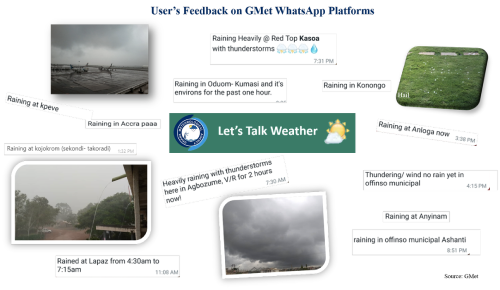
An
illustrative image of the users' feedback in the WhatsApp platforms
made by Ms.
Maureen A. Ahiataku
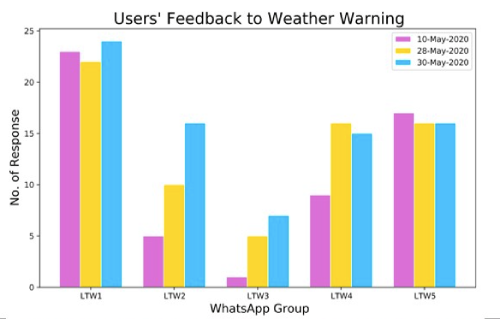
Number of responses during
the three rainfall events from five WhatsApp groups
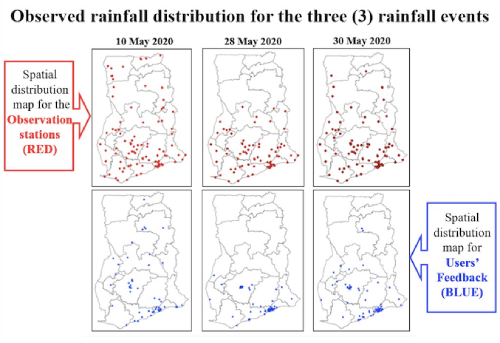
Ms. Maureen A. Ahiataku: The users’ feedback conforms with most areas that experienced the rainfall events
Maureen leads the citizen science project with heavy focus on user engagement for data collection. To make sure people’s feedback is valued, she communicates directly to users via calls and WhatsApp groups and platforms. Monitoring all the LTW platforms for every single feedback from users can be extremely time consuming. But her active engagement has brought a significant impact to the communities. She had run workshops to educate users about how to understand and interpret weather forecast and encourage them to share their feedback on weather events. Citizen scientists gave positive feedback and were eager to learn and gain knowledge. They were happy to see that their photos and observations contributed to the GMet weather forecast capability. There are seven WhatsApp groups and platforms now, and people’s interests are growing. After the dedicated engagement with users, Maureen could tell their trust towards GMet has increased a lot.
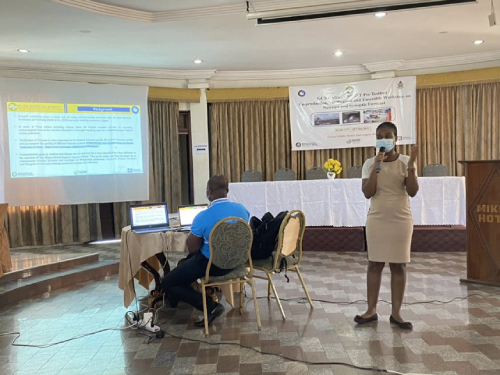
Ms. Maureen A. Ahiataku introducing the
citizen science project during a workshop
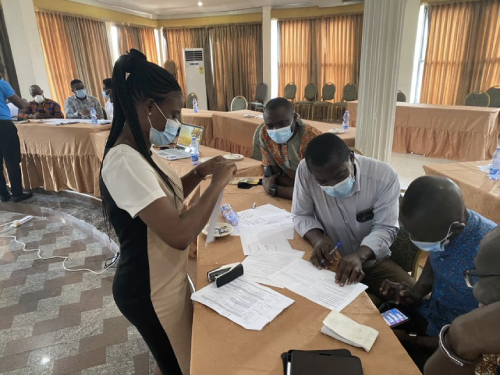
Ms. Maureen A. Ahiataku
with users during an engagement workshop
Maureen’s citizen
science initiative is a valuable part of the African SWIFT project. Through sincere
engagement and education, it has bridged the gap between scientists and public for
information communication, and improved people’s trust towards meteorological
agencies. We hope this awesome initiative continues and carries on benefiting people in Ghana and other places
in Africa.
Maureen is
grateful to all citizen scientists whose feedback aided this initiative and
encourage all to continue to support GMet with their feedbacks. We also believe
that this great initiative and international collaboration has a strong
potential for continuation beyond the SWIFT project.
--We hope to promote citizen science by showing the general public what’s happening in that world and encourage more people to get involved. We also want to create a platform for various citizen science projects to share their journeys.--
Joint Centre for Disaster Research
Massey University
New Zealand
Ghana Meteorological Agency (GMet)
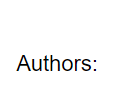

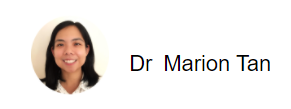

Users Login